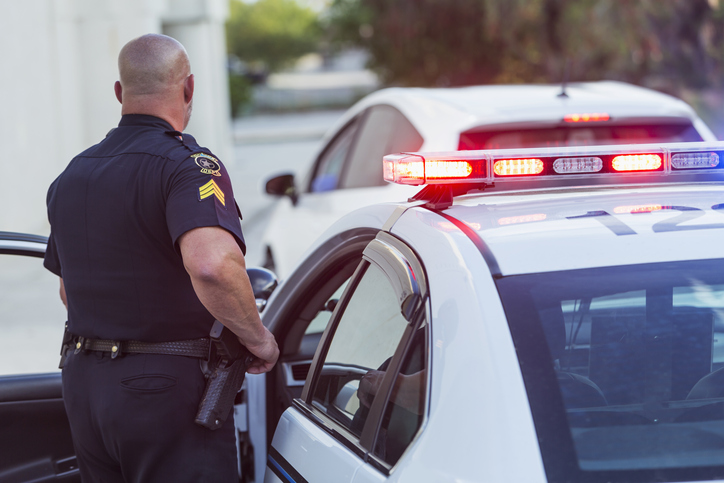Every year, hundreds of people are arrested for DWI in the Greater Houston area and one common scenario is that a person gets arrested for DWI when they were not actually in the act of driving a car. It is not uncommon for a person asleep behind the wheel, or even just sitting in a vehicle, to be charged with DWI. Depending on the facts of the case, an argument that you were not “driving” may be a good defense to raise in a DWI case, that could lead to a dismissal or an acquittal.
The act of “driving” is a basic element of a DWI case. Putting the elements of a DWI into legal terms, the law requires that the State of Texas prove a person was operating a motor vehicle in a public place while intoxicated. Unlike “intoxication,” the word “operating” is not a defined term (in other words, the word “operating” is left open to interpretation to a large degree). Some courts have said that a person is “operating” when the “totality of the circumstances demonstrates that the defendant took action to affect the functioning of his vehicle in a manner that would enable the vehicle’s use.”
In a DWI case, if there is a question about whether a defendant was actually operating a vehicle, most of the time that defense will be raised at trial (a prosecutor will rarely agree that a person passed out behind the wheel was not “operating” a motor vehicle and if sharing a defense with the prosecutor is unlikely result in a dismissal, it is generally unwise to give up your trial strategy). When the issue has raised a trial, the effectiveness of the defense will be based on the details of the defendant’s driving.
A criminal defense attorney should look at certain factors like whether the keys were in the ignition, whether any part of the vehicle (like the AC or radio) was on, whether the car was in park or in drive, and where the defendant was sitting. In most cases, judges are prohibited from giving the jury any further guidance on the definition of “operating” since that could be perceived to be a comment on the weight of the evidence (so a jury will not receive a definition like the one quoted in the second paragraph). Since there is no clear definition of operating, it will be the job of a criminal defense attorney to convince a jury that a defendant in a DWI case was no operating a vehicle and therefore cannot be convicted. This is where the creativity and experience of a DWI defense attorney can be very valuable.
When a person is arrested for DWI, it is the responsibility of a criminal defense attorney to thoroughly investigate and attack every element of the State’s case. Typically, the element that is most contested in DWI cases is whether a defendant was actually intoxicated. But too often, criminal defense attorneys overlook issues relating to the operation of a vehicle (another example is where no one saw a defendant driving, or when the time of driving can’t be clearly established). With the right set of facts and arguments, a DWI trial can be won by conceding that a defendant was completely intoxicated but did operate a vehicle.
DWIs can be very complex and specialized cases and to be able to spot and effectively argue issues like this requires experience and training. Attorney Jose Ceja is a former prosecutor who has handled thousands of DWIs throughout the Greater Houston area. Ceja Law Firm is an excellent choice if you or a loved one is charged with DWI. Get in touch with us today to explore your options.
